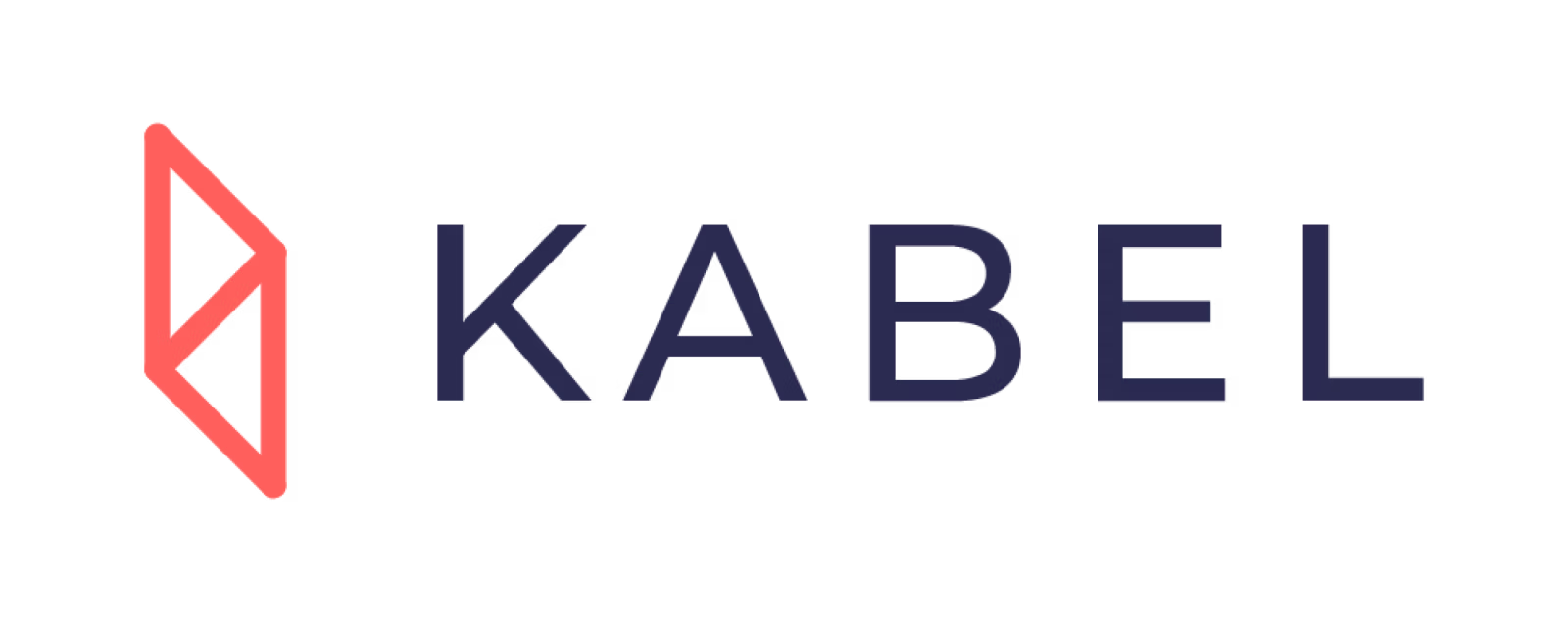Essential Communication Skills for Malaysian Workplace Success
Let’s be honest, you’ve probably heard that communication skills are important. But when it comes to the Malaysian workplace, what does that really mean for you? It’s not just about talking; it’s about making your message land, building strong relationships, and genuinely connecting with your colleagues and superiors. And you know what? Most employers agree: effective communication is key to thriving, especially in today’s fast-paced digital environment.
You see, strong professional interaction skills are what really set you apart. Whether you’re a student aiming for your first internship, a fresh graduate navigating your initial role, or an early-career professional looking to advance, mastering these skills is non-negotiable. This guide will walk you through the business communication techniques that really matter and help you develop the workplace dialogue strategies you’ll need to succeed.
Why Your Communication Habits Matter More Than You Think
Ever wondered why some people just seem to get it, while others struggle to be understood? It often comes down to their communication habits. In the Malaysian workplace, where diverse backgrounds and perspectives are common, your ability to communicate effectively can be the difference between moving forward and getting stuck.
Think about it: how often do misunderstandings happen because someone wasn’t clear, or didn’t listen actively? Developing better communication habits isn’t just about being polite; it’s about being impactful. It builds trust, fosters meaningful relationships, and ultimately, propels your professional success.
Mastering Verbal Communication: Beyond Just Talking
When we talk about communication skills workplace Malaysia, verbal communication is probably the first thing that comes to mind. But it’s more than just the spoken words; it’s how you say them.
Clarity is King: Making Your Point Stick
You’ve got a brilliant idea, but if you can’t articulate it clearly, it won’t go anywhere. Always aim for clear communication. This means getting straight to the point, avoiding jargon where possible, and structuring your thoughts logically. Imagine you’re explaining something to a friend – would they understand you easily?
Tone and Cadence: The Unseen Influencers
Your tone of voice carries a lot of weight. A positive attitude and confident tone can make your ideas more persuasive. Practice speaking clearly, at a moderate pace, and with enough volume to be heard without shouting. It’s all part of having a compelling communication style.
Nonverbal Communication: What You Say Without Speaking
Did you know that a huge chunk of our message is delivered without saying a single word? That’s the power of nonverbal communication. Things like your body language, facial expressions, and eye contact speak volumes.
The Power of Positive Body Language
Your body language can instantly convey confidence, openness, or even disinterest. When you have positive body language, like maintaining eye contact and having an open posture, you’re telling the person speaking that you’re engaged and receptive. Slouching, crossing your arms, or avoiding eye contact, on the other hand, can send negative body language signals.
Decoding Nonverbal Cues
Being able to read body language and other nonverbal cues is just as important as projecting your own. Are your colleagues engaged? Are they confused? Paying attention to their nonverbal signals can help you tailor your message on the fly and ensure it lands well. This also ties into your emotional intelligence – understanding both your own and others’ emotions.
Active Listening: The Underrated Superpower
Here’s a secret: being a great communicator often means being a great listener. Active listening isn’t just about hearing words; it’s about truly understanding, asking clarifying questions, and showing the person speaking that you’re paying attention.
Why Active Listening is Crucial
When you listen actively, you’re not just waiting for your turn to speak. You’re absorbing information, empathizing, and building rapport. This helps in everything from understanding project requirements to resolving conflicts. It’s a cornerstone of effective communication skills.
Adapting Your Communication Style for Different Situations
You wouldn’t talk to your CEO the same way you talk to your best friend, right? Your communication style needs to be adaptable. This is where understanding different communication strategies comes in.
Formal vs. Informal Communication
In a professional setting, there are times for formal reports and emails, and times for quick, informal chats. Knowing which approach to use ensures your message is received appropriately. For instance, a detailed project update requires a different style than a quick query in a group chat.
Navigating Cultural Differences
Malaysia is a melting pot of cultures, and this means you’ll encounter cultural differences in the workplace. What’s considered polite or direct in one culture might be seen differently in another. Being aware of these nuances is part of your professional expression abilities and shows respect and high emotional intelligence. For example, some cultures prefer indirect communication, while others value directness.
Digital Communication: Mastering the New Frontier
In today’s world, much of your corporate communication guide will involve digital tools. From emails to chat apps and video calls, how you communicate online is just as important as in-person interactions.
Crafting Professional Emails
Your emails are often your first impression. They should be clear, concise, and professional. Always proofread for typos and ensure your subject line is descriptive. This is a crucial part of written communication.
Effective Virtual Meetings
Video calls are here to stay. Make sure you have a clear audio and video setup. Maintain eye contact with the camera, not just the screen, and engage actively. These are new forms of professional interaction skills that are increasingly important.
Dealing with Conflict and Feedback
Conflict is inevitable in any workplace, but how you handle it determines your professional success. Your communication skills workplace Malaysia will be truly tested here.
Constructive Feedback: Giving and Receiving
Learning to give and receive constructive feedback is a vital skill. When giving feedback, focus on the behavior, not the person. Provide concrete examples and suggest solutions. When receiving it, listen actively, ask clarifying questions, and admit mistakes if necessary. This shows maturity and a commitment to professional development.
Conflict Resolution Strategies
When disputes arise, your ability to resolve conflicts calmly and effectively is invaluable. Practice remaining calm, focusing on the problem, and seeking mutually beneficial solutions. This isn’t just about good manners; it’s about maintaining strong relationships and a productive work environment.
Building Your Communication Toolkit: Practical Exercises
So, how do you actually get better at these communication skills? It takes practice! Here are some actionable steps you can take.
Practice Exercises for Improving Communication Skills
- Role-Play Difficult Conversations: Grab a friend or family member and practice discussing a challenging topic, like asking for a raise or resolving a disagreement. Focus on your tone, body language, and clarity.
- Record Yourself Speaking: Use your phone to record yourself delivering a short presentation or even just explaining a complex idea. Watch it back to identify areas for improvement in your public speaking, such as filler words, pace, or positive body language.
- Active Listening Drills: The next time someone is talking, make a conscious effort to summarize their points in your head before responding. Ask follow-up questions to ensure you’ve truly understood. Try to pick up on their nonverbal cues.
- Email Rewrite Challenge: Take an old email you sent and rewrite it to be clearer, more concise, and more impactful. Focus on stronger subject lines and a more direct message.
- Observe and Learn: Pay attention to people who you consider great communicators. What’s their communication style like? How do they use eye contact? What are their facial expressions saying? Learn from the best.
Communication Assessment Tool: How Well Do You Communicate
Want to get a clearer picture of your current communication strengths and weaknesses? Try this quick self-assessment:
- Clarity of Message: On a scale of 1-5 (1=poor, 5=excellent), how often do people immediately understand your verbal instructions?
- Active Listening: How often do you feel you truly understand what others are saying, rather than just waiting to respond? (1-5)
- Nonverbal Awareness: How good are you at reading others’ body language and adjusting your own accordingly? (1-5)
- Conflict Resolution: How effectively do you typically resolve disagreements in a way that satisfies all parties? (1-5)
- Adaptability: How easily can you adjust your communication style to suit different people and situations? (1-5)
Add up your scores. A higher score suggests stronger communication, but remember, there’s always room for improvement! Identifying areas where you scored lower can guide your focus for career development.
Leveraging Essential Communication Skills for Job Search Success
You might be thinking, “This all sounds great for after I get a job, but what about now?” Here’s the thing: your communication skills are absolutely critical during your job search, too!
Acing the Job Interview
Your job interview is essentially a live demonstration of your communication skills. From your initial greeting to your answers, interviewers are assessing your professional interaction skills. Are you making eye contact? Is your body language open and confident? Can you articulate your experiences and relate them to the role? These are all tests of your verbal and nonverbal communication.
Showcasing Communication on Your Resume
Don’t just list “excellent communication skills” on your resume. Provide concrete examples of how you’ve used them. In your skills section, highlight specific instances: “Led team presentations,” “Facilitated cross-departmental meetings,” or “Resolved customer inquiries effectively.”
The Broader Impact: Communication as a Critical Skill
Think of communication skills as a critical skill that underpins almost everything you do in your career. It’s not just a “soft skill” – it’s a foundational one that impacts your ability to problem-solve, lead, and innovate. It’s your pathway to becoming a valuable “Digital Agent” in any high-growth company.
Your ability to communicate effectively, build strong relationships, and navigate complex situations will define your career trajectory. It allows you to build relationships, influence decisions, and become a truly effective communicator who makes a positive impact.
Starting your career journey? Kabel makes it easier. Our platform matches you with internships and full-time roles that suit your background, interests, and aspirations — so you can focus on growing, learning, and landing a job where you’ll thrive. Your future is just one smart match away.







